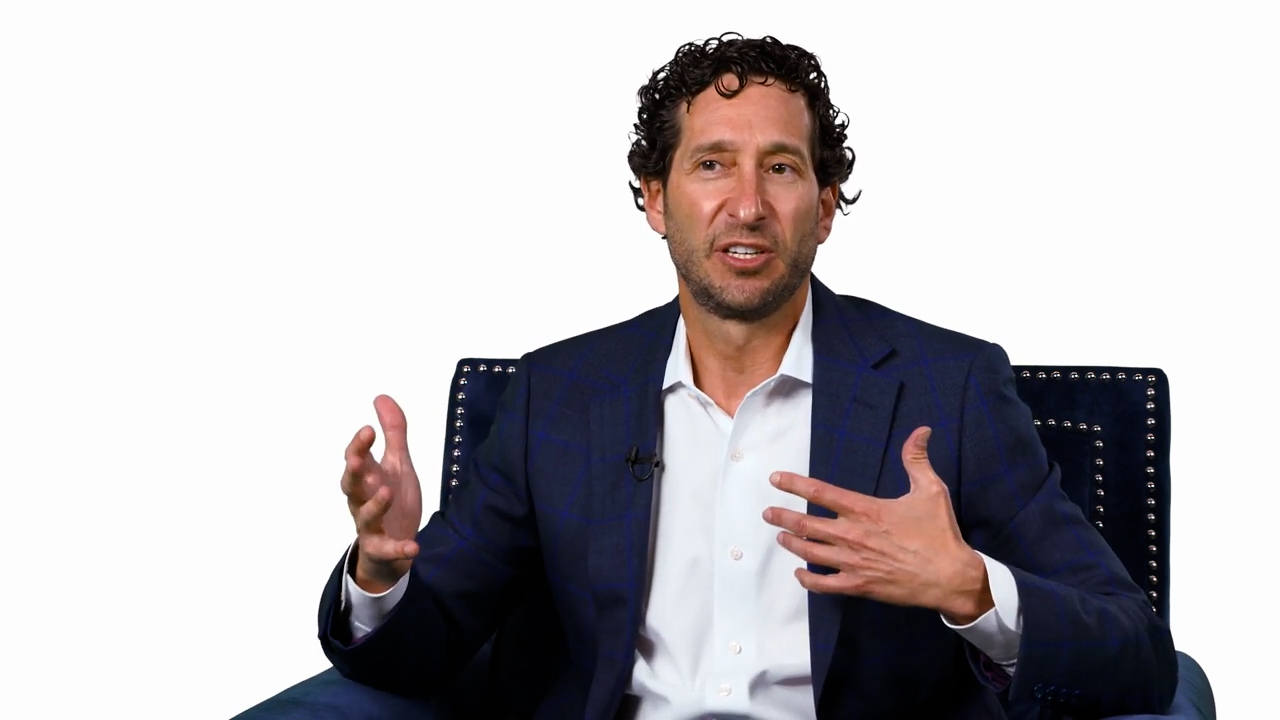Publisher’s Note: In 18 years of publishing the NBJ, this is the first time I have yielded this space to a guest columnist. However, the tax issue is so critical to all Nevada businesses, I felt it necessary to provide Assemblyman Beers with a vehicle to get the message out. I would like to personally thank Mr. Beers for his willingness to address the issue and encourage the business community to get involved and contact their legislators, immediately. Comments? Email: lyle@nbj.com
Nevada may have a budget deficit, but our crisis is entirely political. This is my third term in the Legislature and I have been a member of the Assembly Ways and Means Committee for all three terms. My occupation as a CPA in the real world has been invaluable in helping me understand the intricacies of the budget. With this background, I was surprised when the governor announced Nevada needed $1 billion in new taxes, in addition to the $330 million increase in revenues we will collect from our existing tax structure. The governor is proposing we grow our state government over 300 percent faster than the natural growth of the state.
The budget proposal comes at a financial crossroads. The current budget was set four months prior to Sept.11. Due to past years of good management, Nevada’s state government had strong “reserves” – what a business would call retained earnings. After the terrorist attacks, revenue growth slowed, but the governor maintained the previously-budgeted level of spending by exhausting our reserves. Those spent reserves leave us with ongoing spending requirements larger than the current biennium’s revenue. While funding this deficit might seem like rewarding bad management decisions, it is only a couple of hundred million – less than a quarter of what the governor is advocating in new taxes. The rest of the governor’s proposal is pure tax-and-spend liberalism.
It should be a straight-up policy debate over the core values of liberals and conservatives. Instead, Nevada’s debate was instantly clouded by a series of fictions that some still recite as fact. I will address three major fictions here:
1. Nevada’s revenue is unstable.
2. Nevada’s non-gaming businesses pay no taxes.
3. If you disagree with me, you’re a political coward.
Fiction 1:
Nevada’s revenue is unstable: It turns out that Nevada’s revenue structure is among the most stable in America. We stand as one of a handful of states in which revenue did not decrease in the wake of the terrorist attacks on Sept. 11, 2001. Instead, our revenue went up – just not as fast as had been projected. Five months ago, the Economic Forum forecasted that our existing tax structure will result in increased revenues of 9 percent in the next biennium. That projection is likely to be revised upward in May when the Economic Forum issues a new projection. Inflation plus population growth for that same two-year period is forecasted to be 11 percent. That very small difference – the shrinking 2 percent – is the “real structural deficit.” Liberals would say raise taxes. Conservatives would look for ways to save money in our current spending habits.
Fiction 2:
Nevada’s non-gaming businesses pay no taxes: All Nevada businesses, ranging from sole proprietors to Wal-Mart, remit the following taxes:
Nevada business activity tax ($100 per employee per year)
Nevada real property tax (on land and buildings)
Nevada personal property tax (on equipment and furnishings)
Nevada unemployment taxes
Nevada sales and use taxes
Nevada insurance premium tax
Federal Social Security tax (this money comes back to Nevada as benefit checks for the retired and disabled, at least until the Ponzi scheme collapses in a few years.)
Federal income tax (All businesses and people pay this, and most of the funds come back to Nevada in the form of grants to state and local governments to pay for roads, welfare, schools, etc.)
Nevada’s gaming businesses pay all these taxes, and several more.
Fiction 3:
If you disagree with me, you’re a political coward. This was the first of several attempts to “personalize” what should be a facts-based policy debate. The only reason I could ever figure for this behavior is to draw attention away from the poor factual foundation upon which the governor’s budget was based. In fact, it was this personalization of the debate that initially drew me to look closer at the governor’s factual foundation.
Throughout the preparation of the budget, the governor over-estimated future costs and under-estimated future revenue, thus “manufacturing” a deficit. For example, Nevada law requires the Executive Budget include a figure for continuing the “same level of service” for the coming biennium. Presumably, it represents the effects of population growth and inflation. Governor Guinn’s budget was built with this component representing more than a 20 percent increase in spending starting on July 1.
I posted my findings on a Website called www.nevadabudget.com. Since those early findings, the extent of this deception has been fully outlined by a group of well-credentialed demographers and economists. Their work is posted online at www.cprnevada.com. I would invite readers to examine this latter site closely.
Where Do We Go From Here?
From what I have seen, neither the Senate nor the Assembly budget committees are interested in crafting a budget that fits our current revenue structure. While we may not end up with a budget quite as gluttonous as the governor’s 38 percent proposed increase, we seem likely to end up with no less than two-thirds that amount.
I don’t believe we will pass the new taxes necessary to fund the increased spending plan. In most states, the governor would then have to prioritize spending, and select some areas that would not receive full funding. Instead, Governor Guinn has already said he will call for a special legislative session.
Please write your representatives in the Assembly and the Senate and tell them to pass a reasonable budget that does not destroy the business climate in Nevada. Include the home address at which you are registered to vote.










